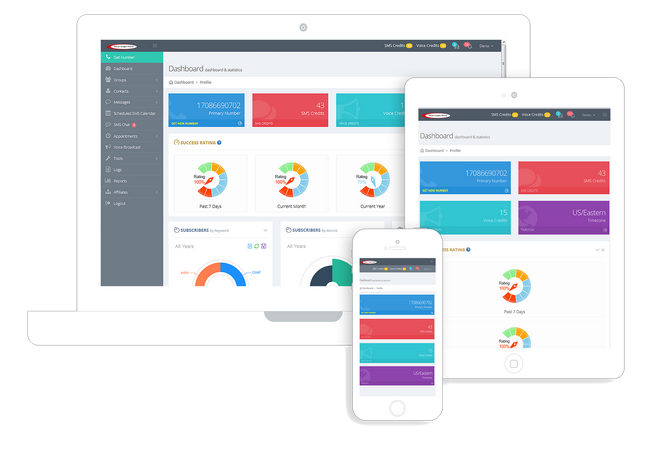
People like to pigeonhole SMS. Text messaging en masse is typically categorized as a marketing endeavor, a way for businesses to get the word out about products or promotions to potential customers. Sometimes people frame SMS as a support activity, an outreach that runs alongside a company’s normal revenue-generating activities. (Think of text-based transaction alerts, delivery confirmations, and the like.) However, I like to point out that SMS is broader than that. It can empower nonprofits in their charitable endeavors and, in some situations, even replace missing infrastructure in developing nations. Consider the case of FrontlineSMS, an organization that owes its existence to one frustrating safari.
Back in 2004, U.K. native Ken Banks went on safari in Kruger National Park, a massive reserve in northeastern South Africa that fairly brims with exotic animals. If you visit there, you’re probably going to want to tell people about what you’re seeing. Only Banks couldn’t do that. See, South Africa was technologically behind the curve at that time, having invested scant funds into cellular infrastructure. Frustration with his inability to communicate flowered into FrontlineSMS, an organization that can help you send an SMS message anywhere in the world as long as you have 1) a cell phone with at least one bar of signal; 2) a laptop; 3) a cable to connect the two; and 4) a one-time Internet connection with which to download its software.
FrontlineSMS’s uses range far beyond sharing lion sightings with friends and family. Charities and NGOs in some 170 countries across the globe employ it in their endeavors. National Geographic reports, “Ken Banks has never monitored elections in Africa, run a rural healthcare network in India, stocked pharmacies with malaria medication, or brought crucial pricing information to farmers in El Salvador. Yet the computer software program he created does all that and more.” That “and more” includes coordinating healthcare visits in India, communicating with fans of a current-events-driven television drama in Kinshasa (capital of the Democratic Republic of the Congo), and empowering community radio stations in far-flung locales to reach out to their constituencies.
“FrontlineSMS gives [people] tools to create their own projects and make a difference,” Banks says. “It empowers innovators and organizers in the developing world to reach their full potential through their own ingenuity. That’s why it’s so motivating, exciting, and effective.” Exciting, indeed. Though Banks recently moved on from FrontlineSMS to other forms of technology-based advocacy, the organization is still going strong, and well it should.
I firmly believe that SMS is an underappreciated tool, a tool that’s limited only by your own drive and creativity and vision. Sure, we love to talk about marketing, and we love to consider all of the potential profits a good campaign could drive our way. There’s nothing wrong with that. Some have even argued that markets in general and the process of marketing in particular benefit society. But I’m not here to debate that. All I want to highlight is this: SMS has the potential to change the work, and the only thing it needs to make it a reality is you.
The best way to experience the platform is to take it for a test drive.

USER PANEL Username & Password: demo
* Contact us for admin panel credentials





